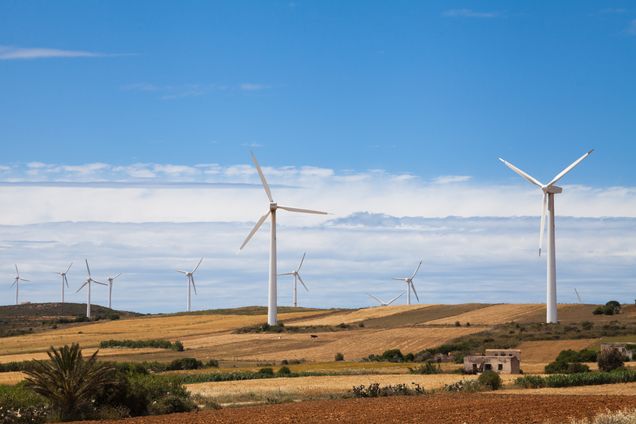Promoting Sustainable Development: The Role of Innovative Financing Mechanism

In September 2021, at the 76th United Nations General Assembly, Chinese leader Xi Jinping announced that China will step up support for other developing countries in developing green and low-carbon energy and will not build new coal-fired power projects abroad. Since then, renewable energy has become a key area in promoting the green development of the Belt and Road Initiative (BRI).
Marking the tenth anniversary of the BRI, the year of 2023 ushers in a new phase and major opportunities for the development and cooperation of a green BRI.
In a new special policy study by the China Council for International Cooperation on the Environment and Development (CCICED), a team of Chinese and international policy experts and researchers explore the BRI’s renewable energy cooperation to identify best practices and cooperation demands for financing green and low-carbon development and map out a cooperation mechanism for a green BRI. Based on these efforts, the report proposes relevant policy recommendations for innovating a green BRI.
Consisting of senior Chinese and international officials and experts, and chaired by China’s Vice-Premier, CCICED serves as a high-level advisory body with a mandate to conduct comprehensive, cross-sectoral and multidisciplinary research that integrates the environment, the economy and the society. The special policy study is the result of international collaboration with dozens of experts from institutions around the world, including Kevin P. Gallagher, who served as one of three International Co-Leaders of the project, as well as Tsitsi Musasike, Cecilia Springer, Niccolò Manych and Ishana Ratan, who served as Special Policy Study Members.
The report highlights that many BRI participating countries, especially developing countries, are facing huge financial and technological gaps in their renewable energy, whereas China has precisely the cooperation demands and production capacity advantages in this regard.
Key policy recommendations:
- Strengthen the innovative financing mechanism of BRI green development cooperation and promote the establishment of a support system for renewable energy projects;
- Strengthen the synergy among the BRI’s green development cooperation mechanisms in various fields and promote the establishment of a policy environment conducive for BRI green development cooperation;
- Implement innovative BRI demonstration projects and support the development of customized sustainable development solutions for BRI participating countries.